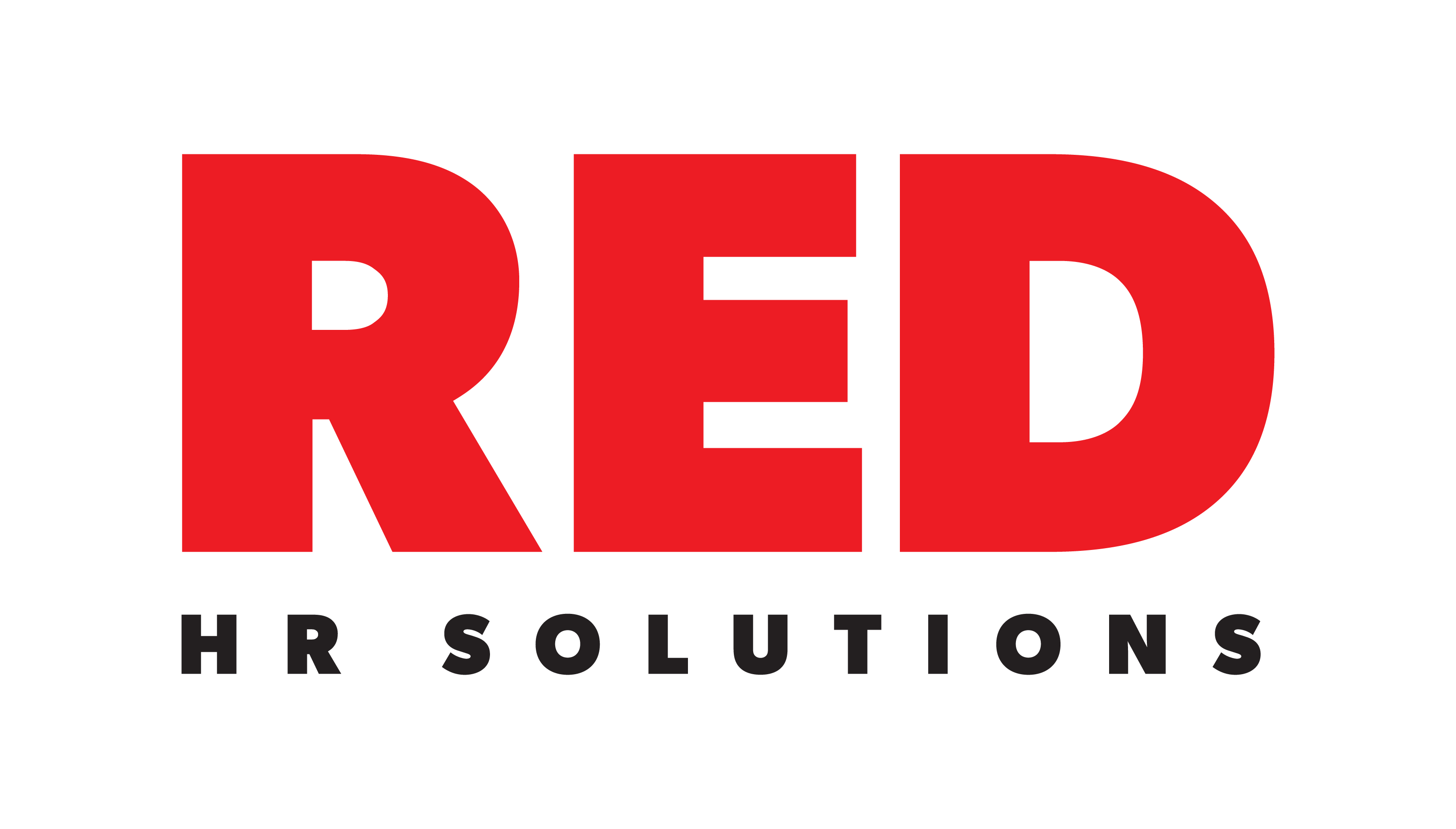
29sixservices
اضافة الى المراجعة تابعملخص
-
تاريخ التأسيس 23 يونيو، 1995
-
المجالات الوظيفية وظائف القطاع العسكري
-
الوظائف المنشورة 0
-
شاهد 64
وصف الشركة
Understanding Legal and Compliance Aspects in Your Outsourcing Journey
This article is a submission by Managed Services Partners. Managed Services Partners is an outsourcing firm with over six years of experience assisting businesses improve operations and drive development.
Embarking on the contracting out journey is a venture that lots of companies undertake to enhance effectiveness, minimize expenses, and take advantage of specialized talent.
However, alongside these potential benefits come a host of legal and compliance intricacies that should be carefully browsed to ensure the success and sustainability of contracting out initiatives.
This extensive guide will check out key legal and compliance factors to consider, with a focus on information personal privacy laws, non-disclosure contracts (NDAs), non-compete provisions, and the vital role of versatility in today’s vibrant service environment.
The contracting out landscape
Outsourcing is more than a strategy for unloading non-core jobs; it is a transformative approach that can enhance a business’s flexibility and competitiveness.
Whether it’s IT services, customer assistance, producing processes, or personnels, contracting out can use a considerable edge. Companies that successfully contract out can concentrate on core company operations, drive innovation, and gain access to top skill without the overhead costs of full-time employment.
However, this journey is not without its legal and compliance difficulties. Companies must be conscious of the intricacies surrounding the transfer and management of information, the protection of copyright (IP), and the upkeep of regulative compliance.
Given the global nature of outsourcing, companies must likewise consider cross-border legal ramifications, which might differ substantially depending on the nation where the outsourcing service provider runs.
Understanding these elements is vital in ensuring that contracting out partnerships line up with a business’s strategic objectives while reducing possible legal dangers.
In a lot of cases, companies that disregard legal and compliance factors to consider deal with expensive conflicts, loss of sensitive data, or reputational damage that can take years to recover from.
Importance of legal factors to consider
Outsourcing naturally includes legal considerations that are important to securing a company’s interests. At the forefront is the need to safeguard sensitive details. Companies must understand and adhere to information personal privacy laws that govern the jurisdictions in which they run.
This is especially vital as data breaches can result in extreme financial penalties and reputational damage.
Furthermore, copyright rights should be plainly specified in contracting out agreements to prevent unapproved use or misappropriation of proprietary properties. If these rights are not appropriately established, an organization may lose control over critical innovations or confidential organization processes.
For businesses operating in highly controlled markets such as healthcare, finance, or legal services, are even more strict.
Abiding by policies such as the General Data Protection Regulation (GDPR) in Europe or the Health Insurance Portability and Accountability Act (HIPAA) in the United States is vital to preventing legal issues.
Non-Disclosure Agreements (NDAs) and non-compete provisions
When outsourcing, business regularly share proprietary info with external company.
To safeguard this valuable information, NDAs are utilized. These contracts are created to prevent the unapproved dissemination of confidential details, consequently protecting the company’s competitive benefit.
NDAs need to be detailed and lawfully binding, plainly detailing what makes up personal information and the commitments of both parties in managing delicate information. Businesses need to also make sure that their NDAs include arrangements for legal recourse in case of breaches.
Similarly, non-compete clauses can be included to avoid provider from making use of sensitive understanding gained during the outsourcing partnership to benefit a competitor. This is particularly essential when outsourcing freelancers or firms that might have multiple clients in the same industry.
However, the enforceability of non-compete clauses can differ significantly depending on the jurisdiction. Some areas have rigorous guidelines restricting the scope and period of such stipulations.
Therefore, it’s crucial for business to consult legal experts with experience in the pertinent legal structures to draft effective arrangements.
Contracts: Setting the structure
Contracts act as the plan for the contracting out partnership, specifying functions, responsibilities, deliverables, and timelines. They likewise detail the legal and compliance expectations for both celebrations.
A well-structured contract needs to deal with a number of key components:
Scope of work: Clear and in-depth descriptions of the services to be supplied, consisting of quality requirements and efficiency metrics.
Data security: Specific clauses associated with data security, data transfer treatments, and breach notification protocols to ensure adherence to privacy laws.
Copyright rights: Provisions that develop ownership of IP developed during the collaboration, and terms that secure pre-existing IP.
Termination provisions: Terms that deal with the possible end of the outsourcing relationship, including notification periods and conditions under which termination can occur without charge.
Additionally, businesses must think about implementing service-level contracts (SLAs) to guarantee accountability and performance tracking. SLAs define quantifiable standards that the outsourcing service provider must fulfill, providing services with recourse if expectations are not fulfilled.
Engaging with service suppliers
Consulting with prospective provider during the early stages of the outsourcing journey is a tactical relocation. This engagement permits companies to gauge the supplier’s capability to satisfy legal and compliance requirements.
Thorough vetting procedures, such as requesting references, evaluating previous jobs, and evaluating compliance accreditations, can supply important insights into the company’s dependability and adherence to industry requirements.
Businesses should also examine the monetary stability of possible contracting out partners.
A provider that deals with monetary difficulties may not be able to preserve operations long-lasting, posing a threat to continuous projects. Conducting due diligence in advance can avoid future interruptions.
The role of versatility in legal and compliance techniques
Adaptability is a critical component of effective outsourcing, particularly when it comes to navigating evolving legal landscapes. Regulations and market conditions can alter quickly, making it imperative for business to stay nimble.
Building versatility into agreements and developing procedures for continuous compliance tracking can assist companies adjust to new legal requirements and preserve a competitive edge.
For circumstances, if a company is contracting out consumer assistance operations to numerous nations, they should ensure compliance with various nationwide laws relating to consumer defense and information privacy.
Regularly updating policies and agreements in reaction to legislative changes can avoid legal pitfalls.
Real-world factors to consider and best practices
To ensure legal and compliance success in outsourcing, services need to embrace the following finest practices:
Regular audits and assessments
Conduct routine audits and evaluations to guarantee that service providers stay certified with legal and regulatory requirements. This proactive method can help identify possible gaps before they intensify into substantial problems.
Training and awareness
Educate staff members and outsourced groups on information defense practices and legal commitments. This ensures that everybody associated with the contracting out journey comprehends the significance of compliance and the role they play in safeguarding information.
Collaboration and interaction
Foster a collective relationship with company. Open lines of communication can help deal with compliance concerns quickly and assist in joint analytical efforts.
Crisis management preparation
Have contingency plans in location in case of security breaches, contract disagreements, or provider failures. A well-structured crisis management plan guarantees that businesses can quickly react to challenges without considerable disturbances.
Legal compliance for outsourcing success
Understanding the legal and compliance elements of outsourcing is necessary for organizations aiming to leverage external capabilities while protecting their interests. By concentrating on crucial areas such as information privacy, NDAs, non-compete provisions, copyright rights, and adaptability, business can successfully navigate the outsourcing landscape.
Successful contracting out hinges on a collective method between the company and its company. Building trust and preserving transparent interaction can cause effective analytical and a shared dedication to compliance.





